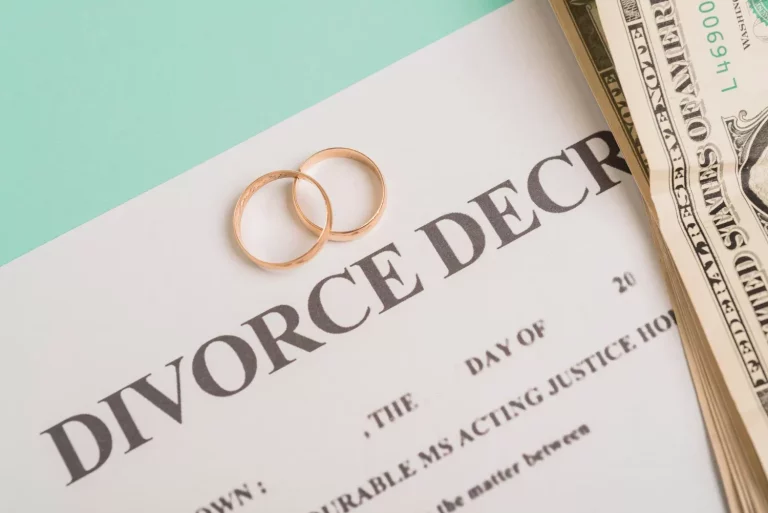Division of Property in Massachusetts Divorce
Ever wondered who gets the house in a divorce in Massachusetts? At TheBostonDivorceLawyer, we have the answers you need. Our experienced team of lawyers will guide you through the process and ensure you get fair treatment.
Based on Massachusetts law, the house in a divorce is usually divided equitably between both spouses. The division is based on factors such as each spouse’s individual contributions to the property and their financial needs after the divorce.
Property ownership
In Massachusetts, when my spouse and I got divorced, figuring out who would get the house turned out to be really complex.
Come to think of it, if the house was bought while you were married, it might be seen as shared property, no matter whose name is on the deed. In this case, the house could be split between you and your spouse.
If the house was bought before you got married or given to one of you through inheritance, it might be seen as separate property and could go to the spouse who owns it. But if the other spouse helped pay the mortgage or made improvements to the house during the marriage, they might get some of its value.
Believe it or not, when deciding who gets the house, the court will look at things like how long you were married, each person’s financial situation, and what’s best for any children involved. Sometimes, the court might decide to sell the house and split the money between both spouses.
It’s important for both of you to get legal advice when dealing with property in a divorce to make sure your rights are protected and the outcome is fair.
Marital property laws
I found out that in Massachusetts, marital property laws dictate how assets are divided when going through a divorce.
On a serious note, in Massachusetts, any property obtained during a marriage is considered marital property, no matter whose name is on it. This includes things like the house, cars, bank accounts, retirement accounts, and other assets.
For the family home, Massachusetts courts look at several factors to decide who gets the house in a divorce. These factors include how long the marriage lasted, how much each spouse contributed financially to the home, and the needs of each spouse and any children.
If you think about it, if both spouses’ names are on the house deed, they both have equal ownership rights. The court might decide to sell the house and split the money between the spouses. Or, one spouse might get the house and have to buy out the other spouse’s share, either with a one-time payment or by refinancing the mortgage.
It’s important for divorcing spouses in Massachusetts to know their rights regarding marital property and the family home. Talking to a family law lawyer can help protect each spouse’s interests during the divorce.
Division of assets
When a couple gets divorced, their property is usually divided fairly between them. This means figuring out if the house is shared property, meaning it was bought during the marriage. How the house was paid for, whether it was inherited or gifted, and other factors can affect how it’s divided.
If the house is shared property, the court will look at different things to decide who gets what. These include the length of the marriage, each person’s financial situation, contributions to the property, and what each person needs after the divorce. If you think about it, splitting things fairly does not always mean splitting them equally.
If one person wants to keep the house, they might have to buy the other person out. This could mean refinancing the mortgage to take the other person’s name off the loan. Or, they might agree to sell the house and share the money from the sale.
Dividing property, like a house, during a divorce in Massachusetts is complex and needs careful thought. Getting legal help can make sure the decision is fair for both people.
Real estate appraisal
In the preceding section in Massachusetts, when I went through my divorce, we had to determine who would get the house, and this involved getting a real estate appraisal.
On a serious note, this is when an expert looks at the property to figure out its market value. The appraisal considers the home’s condition, location, and recent sales of similar houses nearby.
The aim of the appraisal is to give an unbiased estimate of the house’s value so both parties in the divorce can have a fair settlement. This is very important if the house is a marital asset that needs to be divided equally.
My point is, after the appraisal, the house’s value will be used in the divorce settlement talks. This value can influence who keeps the house, how other assets are shared, or if the house needs to be sold with the profits split between both parties.
It’s important for both parties to understand the appraisal process and help the appraiser by providing needed information. This helps ensure the appraisal is accurate and both sides can fairly resolve the house’s division in the divorce.

Court decision
Going back to what we concluded, in Massachusetts divorce, the court will decide who gets the house.
For real, the court will consider several things when deciding who gets the house in a divorce. These include each person’s finances, their contributions to the home, and what’s best for any children. They will look at who paid for the house, who lives in it, and who can afford the mortgage.
If one person owned the house before getting married, they are more likely to keep it. However, if both paid for the mortgage or took care of the house while married, the court might split the home’s value between them. Believe it or not, the court will also think about future housing needs. For example, if one parent has custody of the kids, the court might decide it’s best for that parent to keep the house for the children’s sake.
Every divorce case is different, so the court will consider all important details before deciding who gets the house. It’s a good idea to talk to a lawyer to understand your rights and options in a Massachusetts divorce.
In Final Consideration
Echoing our earlier comments in Massachusetts, the division of marital property, including the family home, is determined by various factors such as equitable distribution, contribution to the marriage, and financial needs of both parties.
So ending this, the court aims to reach a fair and just resolution for both spouses. Ultimately, the question of who gets the house in a divorce in Massachusetts will depend on the specific circumstances of each case.







